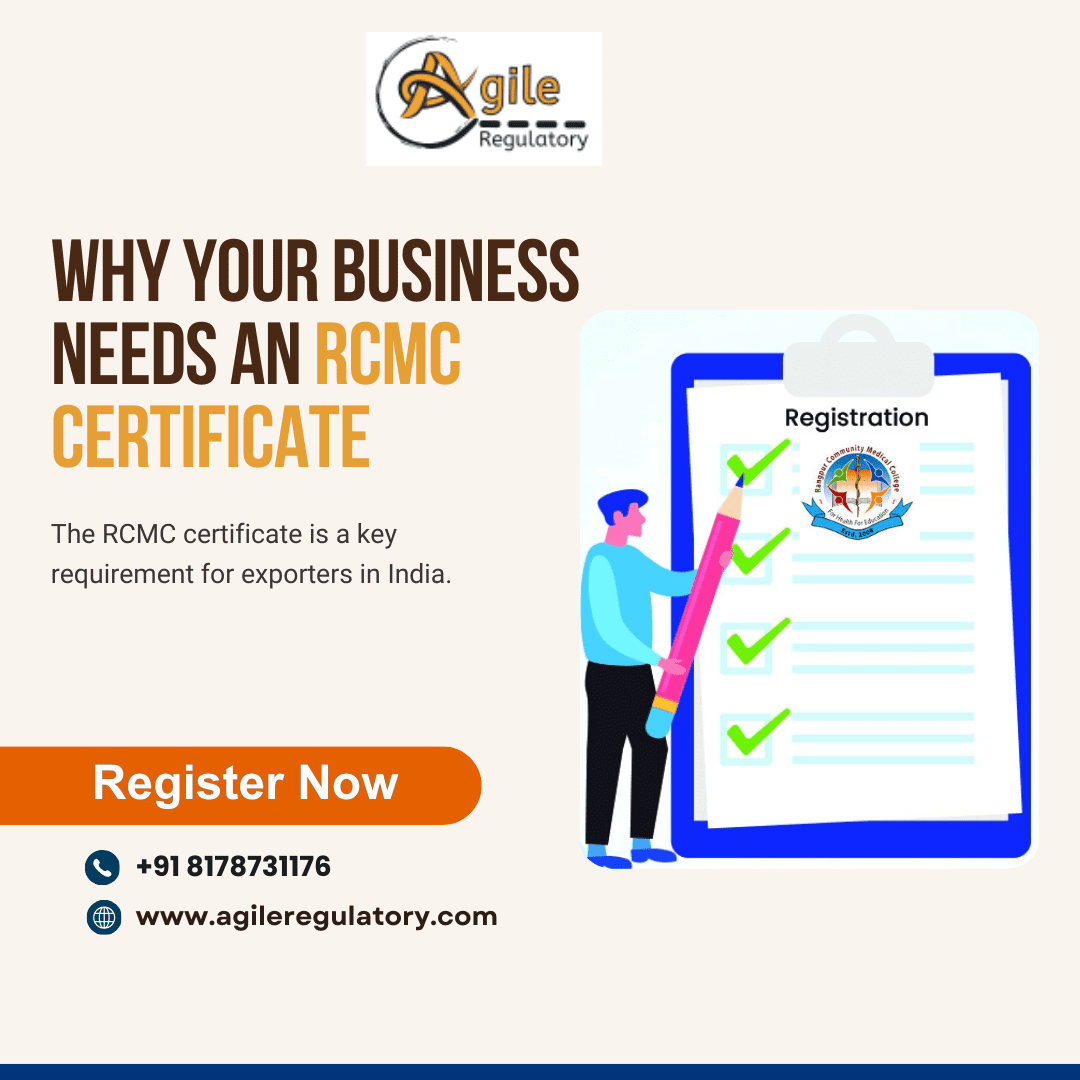India’s export ecosystem is rapidly evolving, shaped by global trade shifts, digital compliance mandates, and a growing emphasis on regulatory certifications. As 2025 unfolds, Indian exporters – from seasoned trading houses to first-time MSMEs – need to be fully aware of the real costs and mandatory certifications involved in doing business internationally. One overlooked mistake, like missing an essential certificate or underestimating a government fee, can delay shipments or even result in cancellation of orders.
This article outlines the key costs and certifications every Indian exporter must prepare for in 2025 to remain competitive, compliant, and globally trusted.
1. Mandatory Certifications for Indian Exporters in 2025
To export goods legally from India, companies need to obtain various certifications. These certifications not only demonstrate compliance with Indian export laws but are often required by importing countries for clearance and market access.
a. Import Export Code (IEC)
The IEC certificate is the first and foremost requirement for any exporter. Issued by the Directorate General of Foreign Trade (DGFT), this 10-digit code is essential to clear shipments through customs and receive export incentives. In 2025, digital IECs continue to be the norm, with integration into DGFT’s updated online platform.
Cost Estimate: ₹500 – ₹2,000 (including professional fees)
b. RCMC Certificate (Registration-Cum-Membership Certificate)
RCMC is issued by Export Promotion Councils like APEDA, CAPEXIL, CHEMEXIL, etc., depending on your product. It proves your registration as a legitimate exporter and allows you to avail export benefits under India’s Foreign Trade Policy.
RCMC Registration Fee: Ranges from ₹2,000 to ₹7,500 annually depending on the council and exporter category (manufacturer/exporter/merchant exporter).
c. Product-Specific Certifications
Depending on the sector and destination country, exporters may also need:
- BIS Certification for electronics, helmets, LED lights
- FSSAI License for food exports
- GACC Registration for food exports to China
- WPC Certificate for wireless or Bluetooth devices
- Phytosanitary Certificate for agricultural products
- CE Marking for EU-bound products
These certifications not only help in customs clearance but build credibility with international buyers.
2. Government Fees and Operational Costs in Exporting
Exporters often underestimate the recurring and upfront costs tied to exporting. Here’s a breakdown of key financial aspects in 2025:
a. Logistics and Freight Charges
Shipping costs continue to fluctuate due to global demand, oil prices, and geopolitical issues. With container shortages still persisting in some ports, securing slots at optimal rates is challenging.
Average Cost: ₹1,50,000 – ₹4,00,000 per 20ft container (depending on destination)
b. Customs Duty and Clearance Charges
While most exported goods are exempt from basic customs duties, exporters must still bear documentation, warehousing, and CHA (Custom House Agent) charges. Delays due to improper paperwork can increase demurrage charges.
Cost Estimate: ₹5,000 – ₹25,000 per shipment (depending on product and volume)
c. DGFT and EPC-Related Charges
Export Promotion Councils may charge annual or lifetime membership fees. Additionally, exporters applying for duty drawback schemes or advance licenses may incur documentation fees.
Examples:
- EPC Membership Renewal: ₹2,000 – ₹10,000 annually
- MEIS/RODTEP Claim Filing: ₹1,000 – ₹3,000 per application
d. Bank Charges and Forex Conversion Fees
Banks charge a fee for inward remittance, foreign exchange conversion, and Letters of Credit (LCs). These charges can cut into your export margins if not negotiated properly.
Average Forex Markup: 2% – 4% above interbank rate
3. Digital Compliance and E-Invoicing
From 2025 onward, most exporters are required to comply with e-invoicing under GST, especially if their turnover exceeds ₹5 crore. These e-invoices are cross-linked with e-way bills and ICEGATE filings.
- Cost of Compliance Software: ₹5,000 – ₹50,000 annually depending on the software
- Digital Signature Certificate (DSC): Mandatory for DGFT filings
Cost Estimate: ₹1,000 – ₹2,500
Additionally, uploading data to DGFT portals, ICEGATE, and EPC websites is now a routine task that may require hiring a dedicated documentation team or consultant.
4. Hidden Costs Most Exporters Overlook
Apart from known costs, there are several indirect expenses exporters often fail to budget for:
- Sampling & Testing Fees: Especially for food and pharma exports
- Legalization/Embassy Charges: For documents required by importing countries
- Translation & Notarization Costs: For multilingual contracts or specifications
- Product Liability Insurance
- Brand Registration in Overseas Markets – like Trademark in EU, USA, UAE
5. Why Working with Export Consultants Like Agile Regulatory Saves Time and Cost
Exporters – especially MSMEs – often face challenges navigating complex documentation, certification procedures, and compliance costs. This is where expert regulatory consultants like Agile Regulatory come in.
Agile Regulatory helps businesses get IEC Certificates, RCMC registrations, FSSAI and BIS approvals, GACC compliance, and DGFT consulting – all under one roof. With over 10+ years of experience, their team simplifies paperwork, minimizes compliance errors, and reduces the risk of penalties or shipment delays. They also offer cost-effective packages for first-time exporters who need assistance across multiple certifications and licenses.
By leveraging their expertise, businesses can avoid common pitfalls and get export-ready faster and more efficiently.
6. Preparing for Export in 2025: A Quick Checklist
Here’s a streamlined checklist for any Indian exporter entering global trade in 2025:
✅ Apply for IEC Certificate (DGFT)
✅ Choose the right Export Promotion Council and obtain RCMC
✅ Get product-specific certifications (e.g., BIS, FSSAI, GACC)
✅ Ensure GST and e-invoicing compliance
✅ Factor in logistics, banking, and documentation costs
✅ Maintain digital records of shipping bills, invoices, and declarations
✅ Consult with experts like Agile Regulatory to simplify onboarding
Final Thoughts
Exporting in 2025 requires more than just finding buyers – it demands awareness of costs, a deep understanding of compliance, and timely certifications. Whether you’re exporting basmati rice, LED lights, or precision machinery, having a clear roadmap of certifications and associated expenses can make or break your international trade journey.
Businesses that stay proactive, budget accurately, and work with reliable consultants will not only avoid regulatory hurdles but also establish themselves as trusted global exporters


